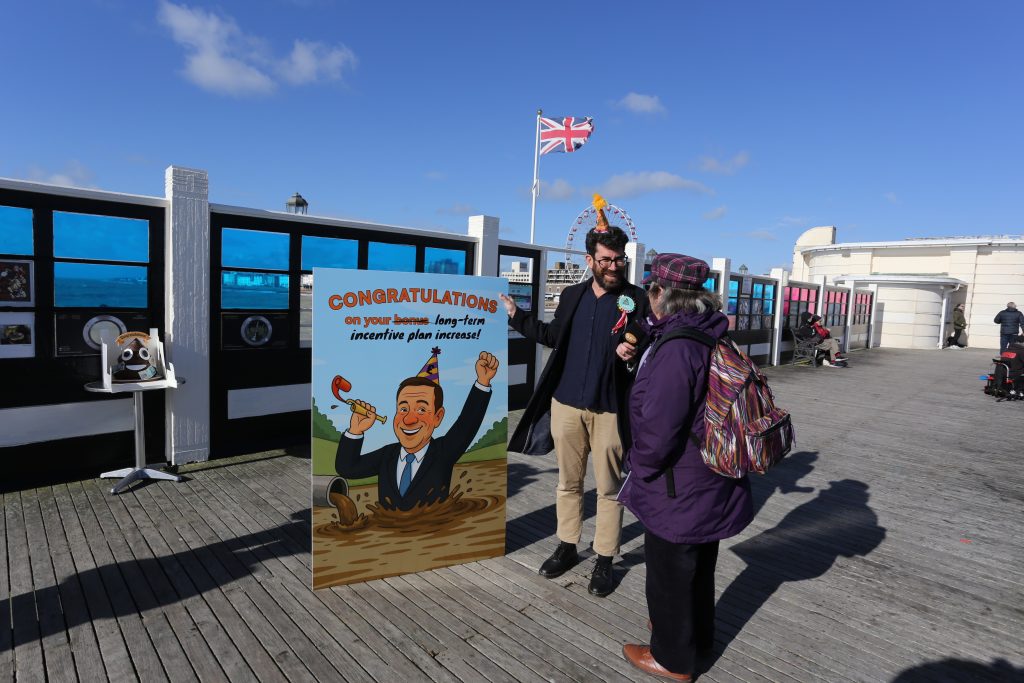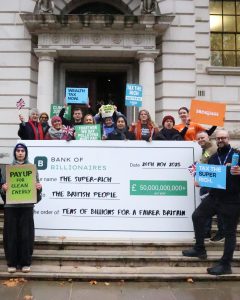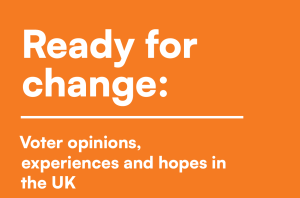
May 31st, 2014
The Times: Ease fracking laws or we’ll pull out, warns Cuadrilla (May 31 2014)
By Amy Lockwood
Here is a copy of The Times’ article ‘Ease fracking laws or we’ll pull out, warns Cuadrilla’.
The energy company leading efforts to exploit Britain’s shale gas reserves has threatened to pull out unless the law is changed to allow it to drill under people’s homes without their permission.
Francis Egan, chief executive of Cuadrilla, which this week applied to drill four exploratory wells in Lancashire, said that the fracking industry would be unable to proceed if it had to negotiate access with owners of every piece of land under which it wanted to extract fossil fuels.
The government last week began a public consultation on a proposal to give fracking companies the automatic access rights that Mr Egan is seeking. However, ministers are nervous about the public’s response to the proposal and have tried to sweeten it by promising that the industry will give extra compensation to communities.
Seven groups, including the RSPB, the Wildlife Trusts and HomeOwners Alliance, wrote to David Cameron this month urging him to “protect the right of local people”.
Mr Egan’s threat comes at a delicate moment in the debate and will be seen by opponents as an attempt to force the conclusion in the industry’s favour.
In an interview with The Times, he said that the present requirement to seek landowners’ permission was “ridiculous”. Asked what would happen if the attempt to change the law failed, he said: “I don’t think the industry will go ahead in the UK.”
He added: “If you say to Crossrail [the rail line being built under London] ‘Yes, you can go ahead but you will have to negotiate with every single householder on the route’, they would not even look at it. Same thing here.”
Mr Egan said that landowners would be unaffected by drilling taking place a mile below their property. He admitted, however, that the fracking industry needed to be more transparent about its activitiesto win over the significant proportion of the public who remained undecided about fracking.
The expansion of the industry, according to Mr Egan, depended on the exploratory wells being drilled safely and flow tests proving positive. “It’s a Catch-22. You have to demonstrate they’re safe before you can get public opinion to support you.”
He said environmental groups had falsely claimed that fracking would result in a significant increase in greenhouse gases, adding: “[Shale] can play a part by reducing coal consumption.”
Simon Clydesdale, a Greenpeace energy campaigner, described Cuadrilla’s threat to pull out if the law were not changed as a “ransom note”.
“Ministers are bending over backwards and cutting corners to satisfy the fracking lobby’s every wish,” he said. “Paying off the fracking industry’s ransom note in this way will come at a huge political cost for coalition MPs who are backing an increasingly unpopular industry offering no guarantees of ever being able to deliver.”
Mr Egan will debate the economics and politics of fracking at the Times Cheltenham Science Festival on Tuesday, June 3.

















